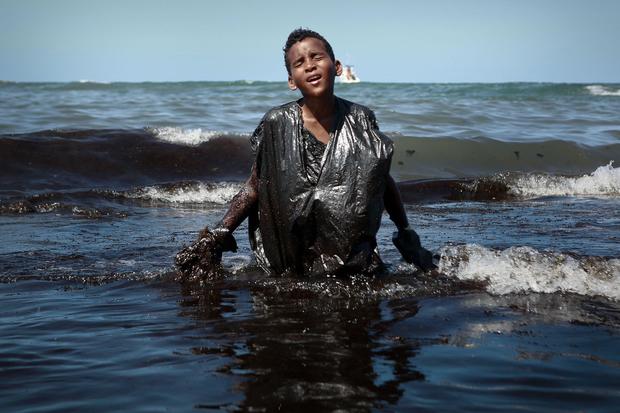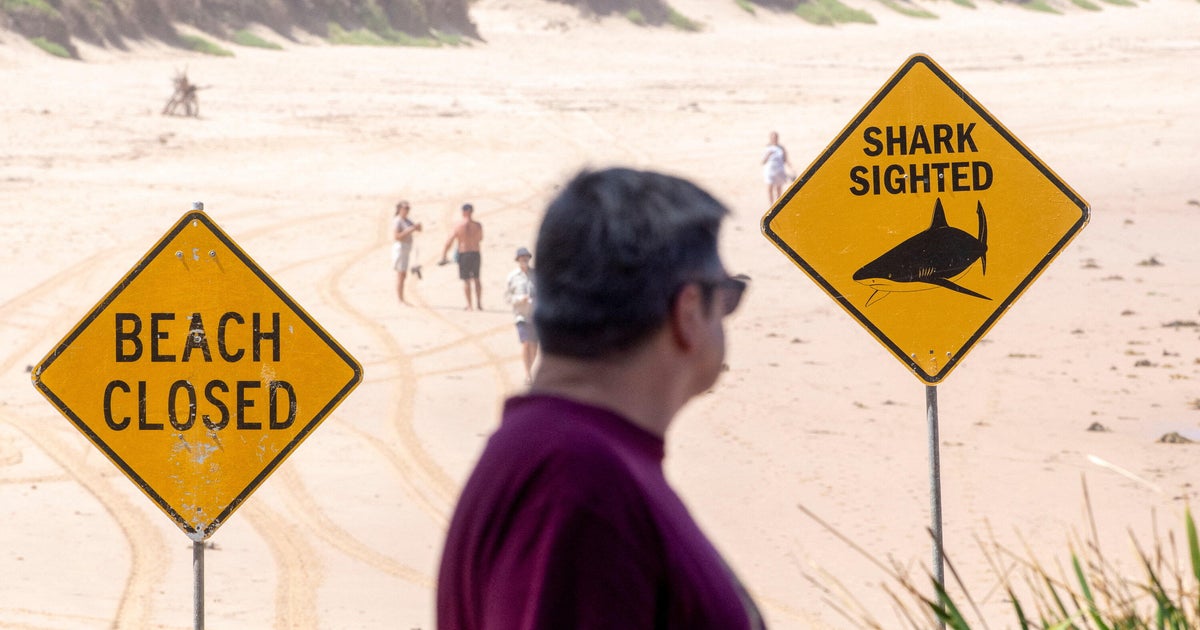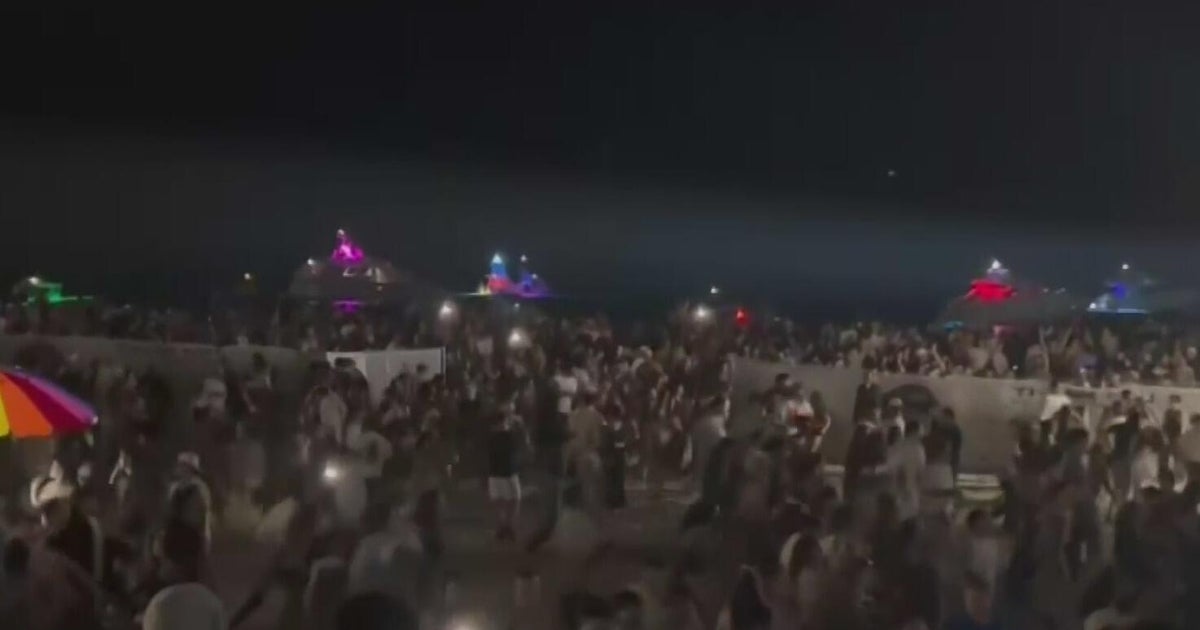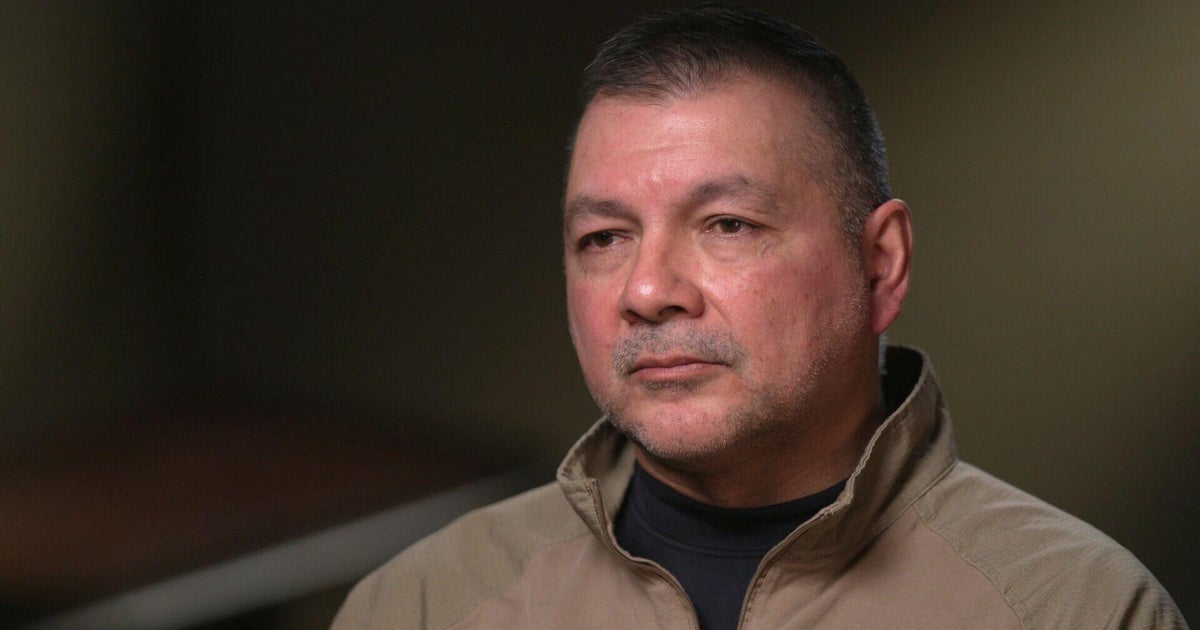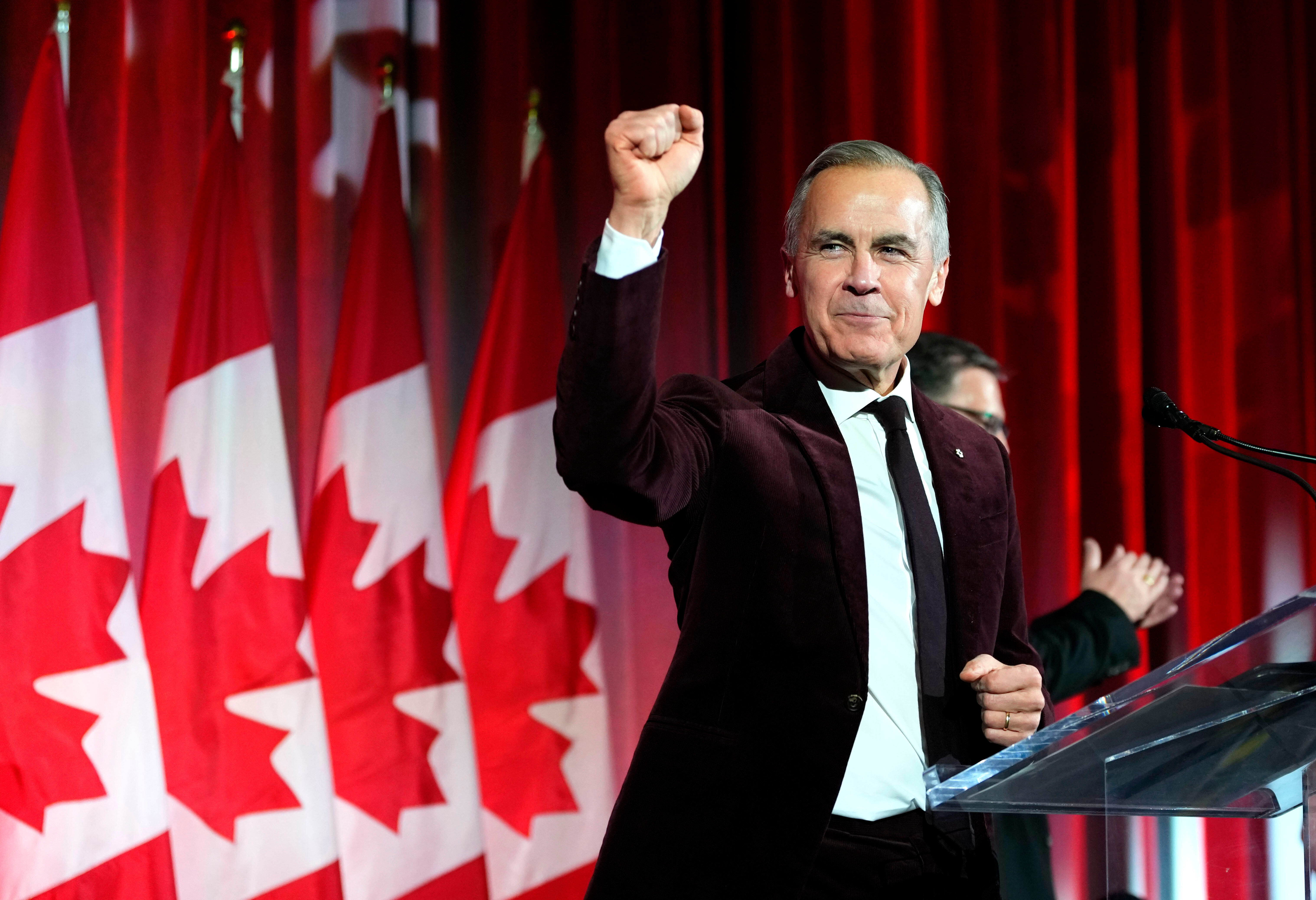Brazilians come together to clean beaches after massive oil spill decimates coast
Earlier this month, Brazil's northeastern state of Bahia declared a state of emergency after an oil spill contaminated beaches along the coast. On Monday night, locals came together to clean up the spill following what they call a lack of action by the Brazilian government. The cause behind the
This week, thousands of people took part in a cleanup to remove oil and tar from the beaches, BBC News reports. Both volunteers and government workers used wheelbarrows, spades and plastic gloves to remove chunks of tar from the water and the sand.
Officials first started investigating the source of the vast oil spill — reportedly the largest in Brazil's history — in September. Since then, public outrage has grown following President Jair Bolsonaro's failure to contain the crisis.
It's been close to two months since the spill was first detected, but the source remains a mystery. Officials have no idea if the amount of oil is increasing or decreasing — or how long the issue will last.
Experts told BBC News the spill could be the worst-ever disaster for coral reefs in the region. Crude has washed up on more than 1,300 miles of beaches in nine states — affecting the rich landscape and diverse marine life. At least 15 sea turtles, two seabirds and one fish have been found dead, according to officials.
Following public pressure, Vice President Hamilton Mourão said Monday that 5,000 more troops will be dispatched to help with the cleanup efforts, The Associated Press reports. Mourão told reporters about 600 tons of crude had been recovered since the sludge began appearing on beaches nearly two months ago.
Environmental groups say it's not enough, and volunteers have decided to take matters into their own hands through organized beach cleanups.
The government's reaction to the spill is exacerbating criticisms of its environmental policies, following a summer of raging fires throughout the Amazon. Environmentalists said humans were the root cause of those devastating fires — many were deliberately set to clear the forest for large-scale agriculture, though wind and heat helped them spread.
At the time, Bolsonaro called the global alarm "sensationalist" and warned foreign governments not to meddle in the territory, which generated even harsher critique, both locally and at home.
An analysis by Ibama, the country's environmental agency, showed the oil did not come from Brazil. Investigations into the source of the contamination are ongoing.
"The most we can do today is have trained people to collect this oil that is reaching our beaches," Mourão said.

